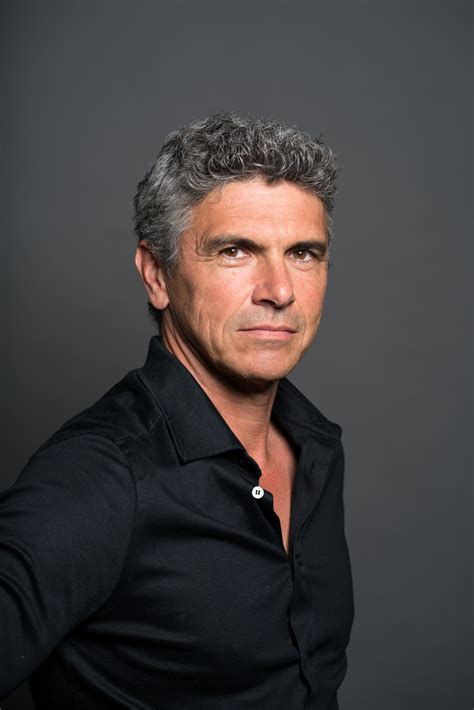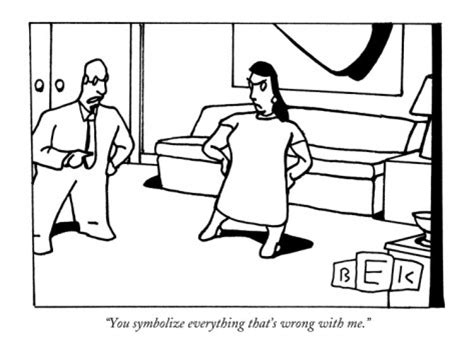A Quote by Jonathan Franzen
I had a brief period of questioning whether I should perhaps adopt a child. And my New Yorker editor, Henry Finder, was horrified by the notion.
Related Quotes
Compared to other parents, remarried parents seem more desirous of their child's approval, more alert to the child's emotional state, and more sensitive in their parent-child relations. Perhaps this is the result of heightened empathy for the child's suffering, perhaps it is a guilt reaction; in either case, it gives the child a potent weapon--the power to disrupt the new household and come between parent and the new spouse.
Another example of what I have to put up with from him. But there was a time I was mad at all my straight friends when AIDS was at its worst. I particularly hated the New Yorker, where Calvin [Trillin] has published so much of his work. The New Yorker was the worst because they barely ever wrote about AIDS. I used to take out on Calvin my real hatred for the New Yorker.
I think I became a better writer after I started writing for the New Yorker. Well, I know I did. And part of it was having my New Yorker editor and part of it is that was when I started really going on tour and reading things in front of an audience 30 times and then going back in the room and rewriting it and reading it and rewriting it. So you really get the rhythm of the sentences down and you really get the flow down and you get rid of stuff that's not important.
































